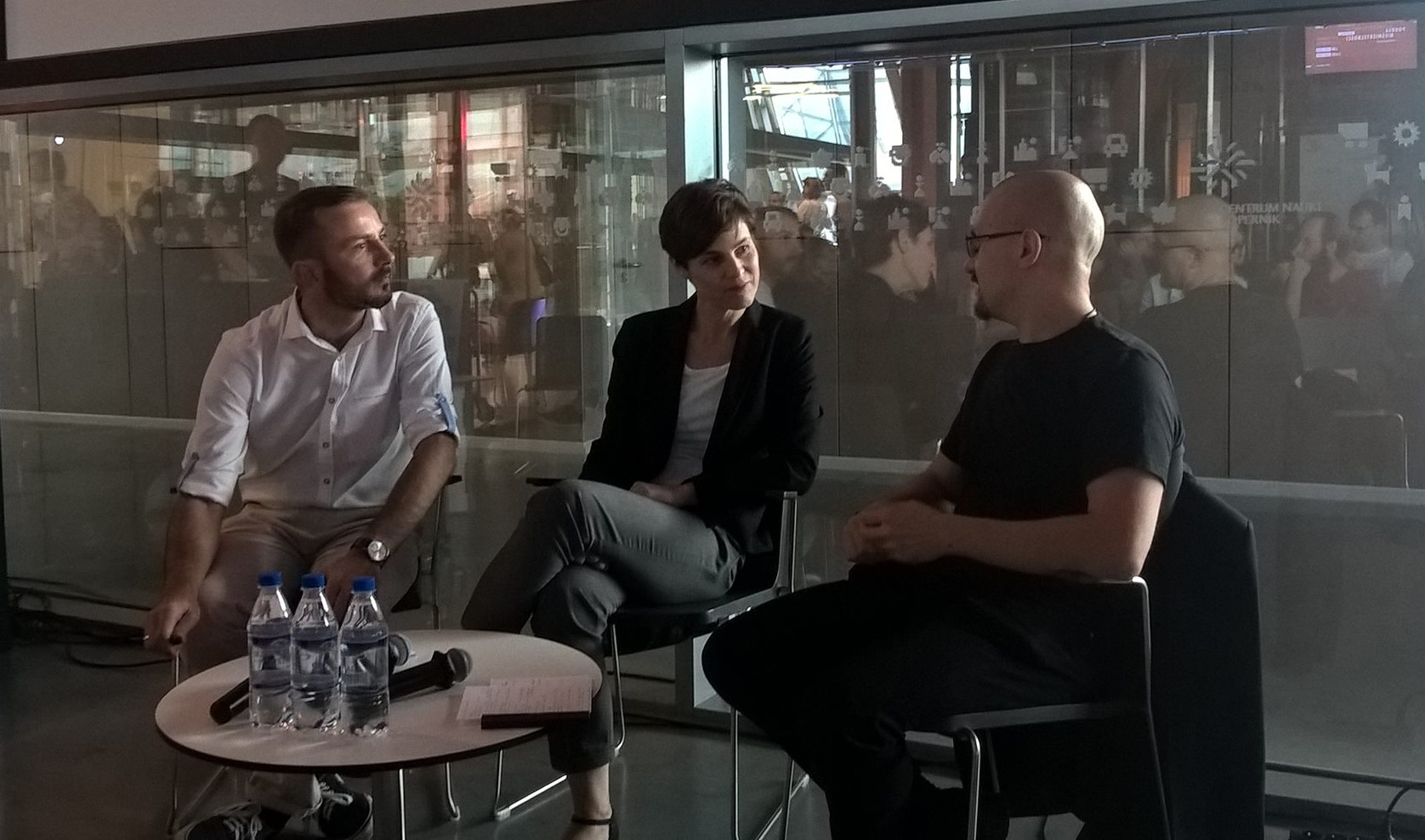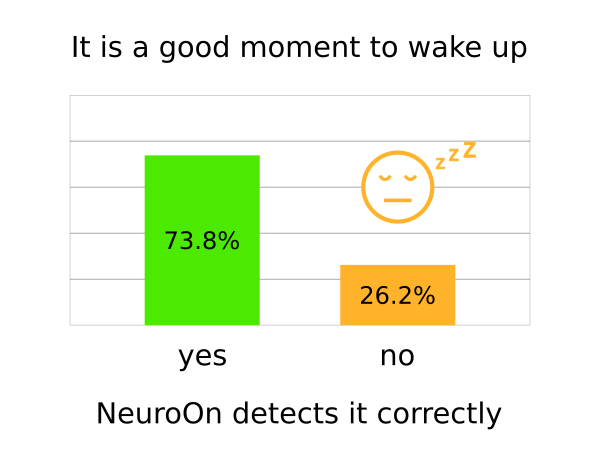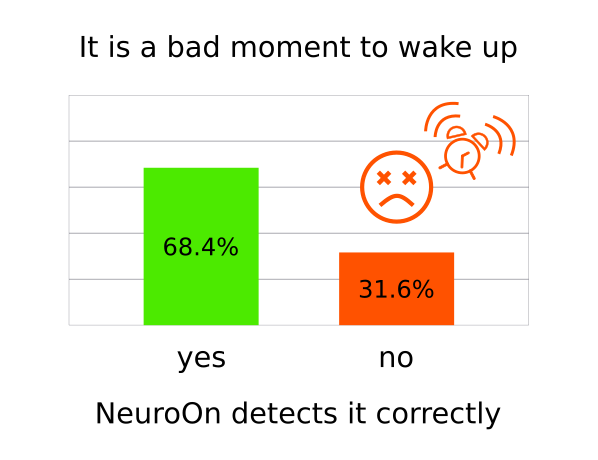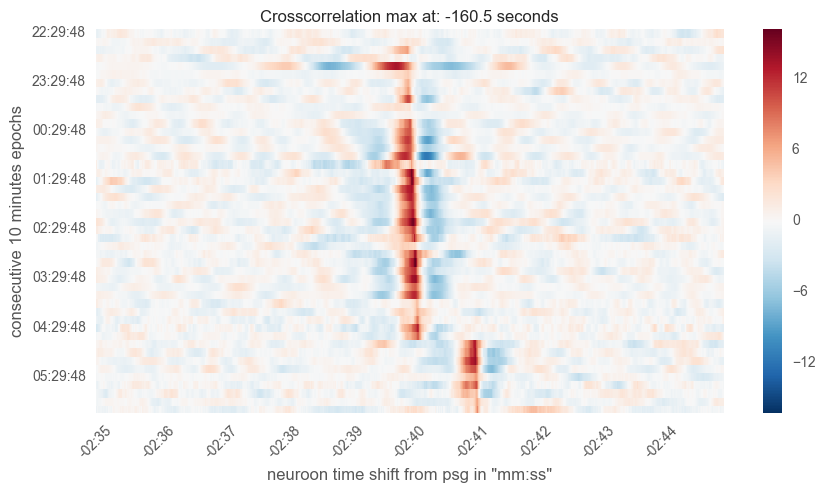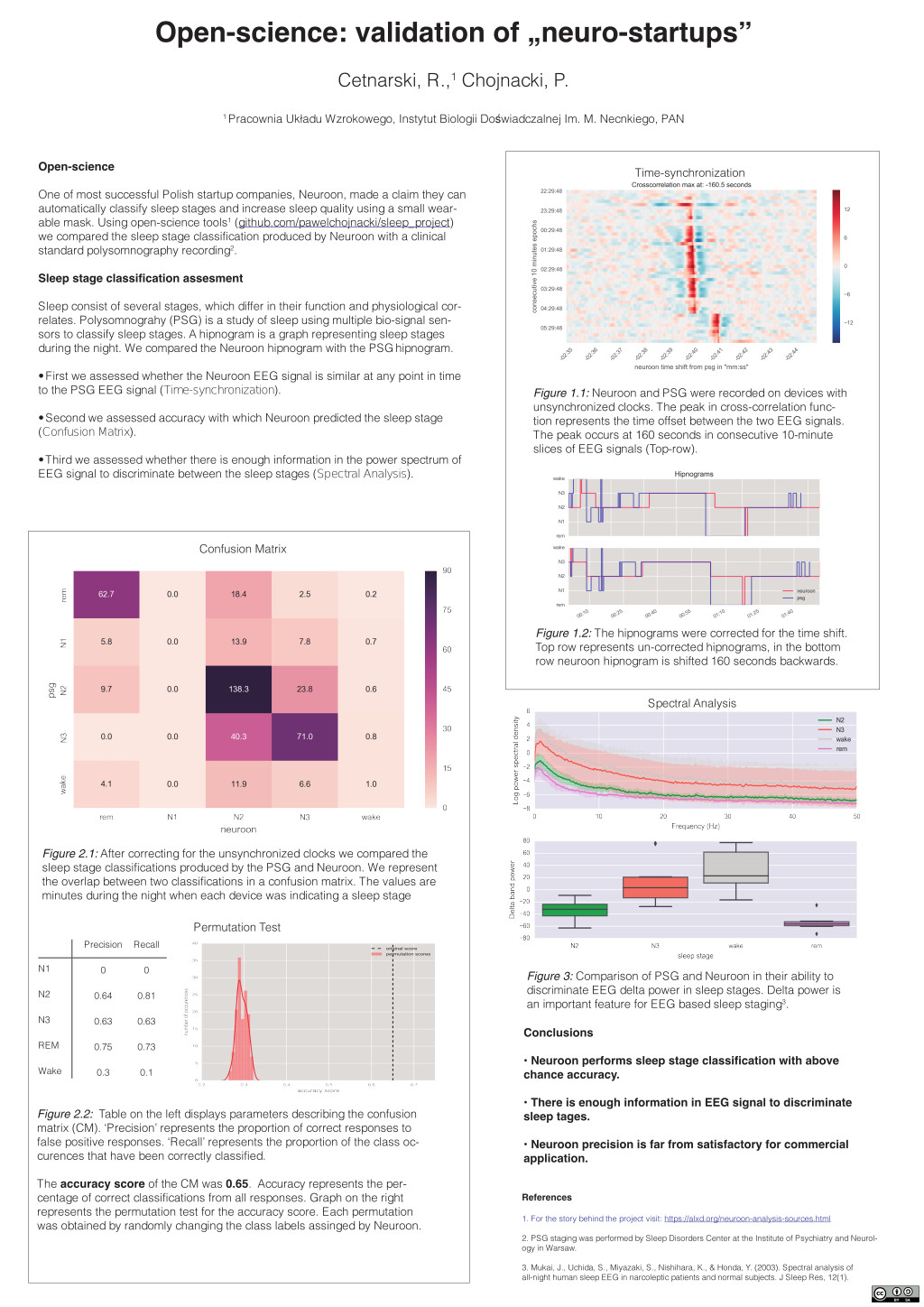(Nie) zamierzone efekty reformy praw autorskich w UE
Posted on Mon 02 July 2018 in misc

Photo by Patrick Tomasso on Unsplash
O co chodzi?
Dwudziestego czerwca tego roku Komisja Prawna Parlamentu Europejskiego zarekomendowała dyrektywę dotyczącą reformy prawa autorskiego na jednolitym rynku cyfrowym. Od tego czasu europejski Internet ogarnął chaos, aktywiści zaczęli grzmieć o (kolejnej) możliwości końca wolności w Sieci, a poszczególne oddziały Komisji Europejskiej starały się uspokoić obywateli. Co więc się stało? Jakie są prawdziwe zagrożenia, jakie niesie reforma?
Do sprawy odniosło się wiele polskich organizacji pozarządowych, między innymi:
- Centrum Cyfrowe - głos krytyczny- Dyrektywa, w przyjętej postaci, jest zwycięstwem posiadaczy praw autorskich, które odbywa się kosztem użytkowników i otwartego internetu. Ograniczy bowiem swobodę wypowiedzi i dostęp do wiedzy.
- Nowoczesna Polska - głos krytyczny- To nowe prawo wydawców jest tak skonstruowane, że istnieją wątpliwości, czy nie będzie ono dotyczyło samej informacji, nie tylko jej twórczego przedstawienia.
- Fundacja ePaństwo - głos krytyczny- Jeżeli art. 13 projektu dyrektywy o prawie autorskim zostanie przyjęty, narzuci on powszechną cenzurę wszystkich treści, które udostępniasz w internecie.
- Wikimedia Polska - głos krytyczny- Zły pomysł lobbystów na rzecz prawa autorskiego, który miał być panaceum na rzekomą „przepaść wartościową”, przerodził się w …
Continue reading

